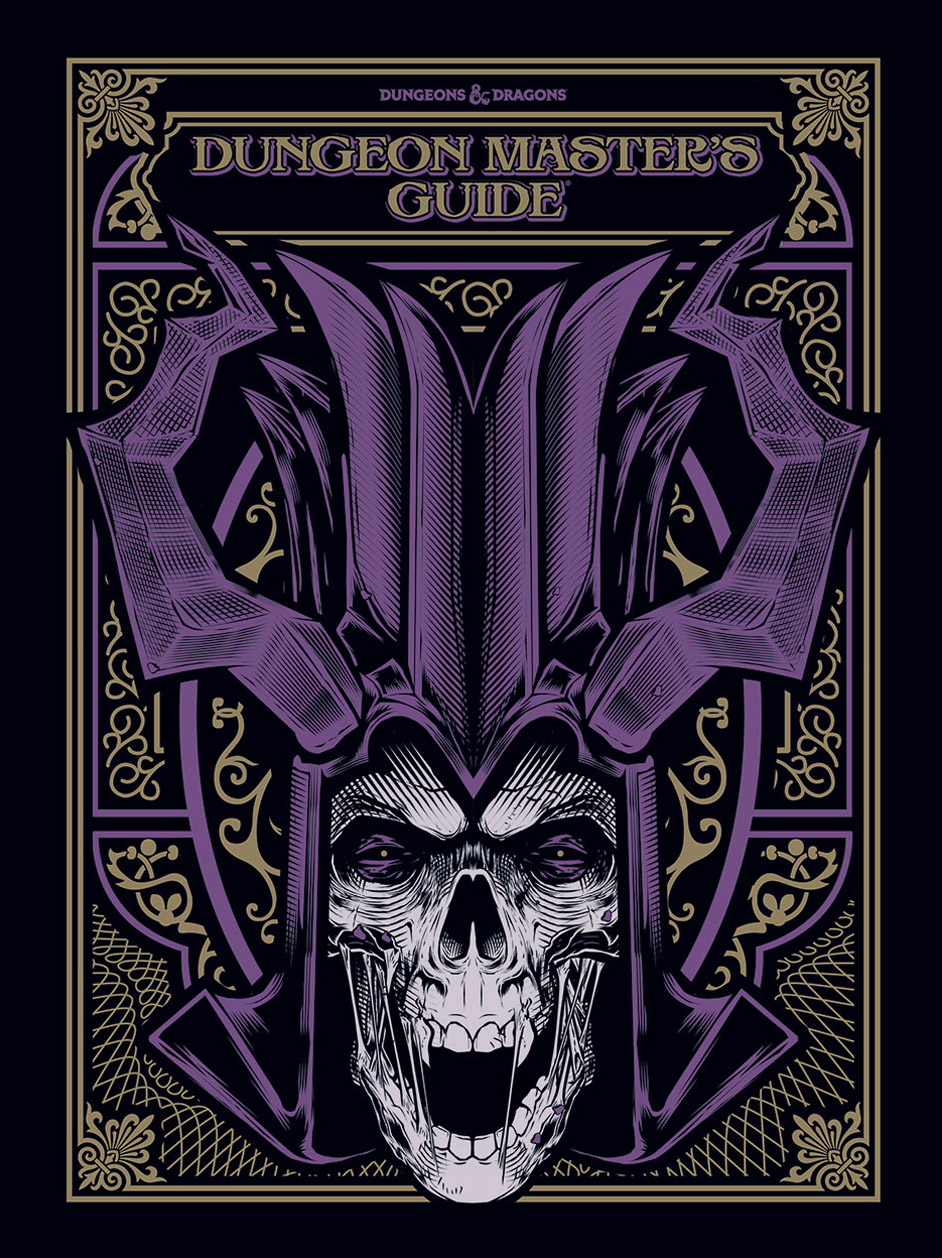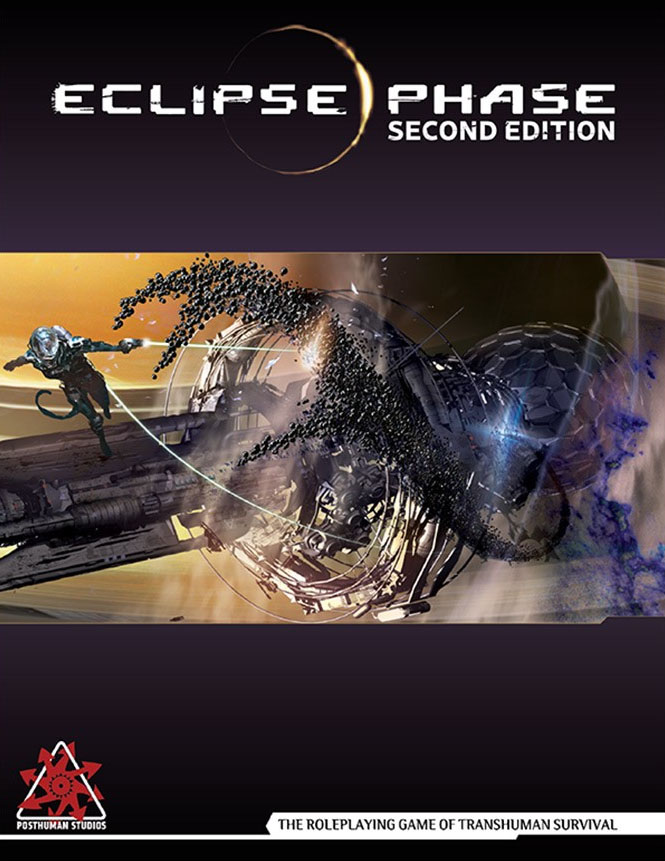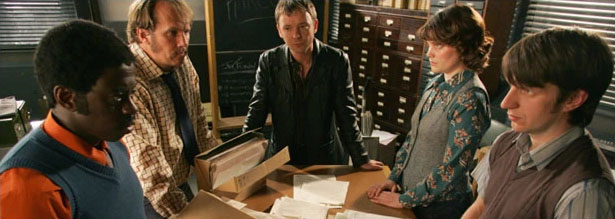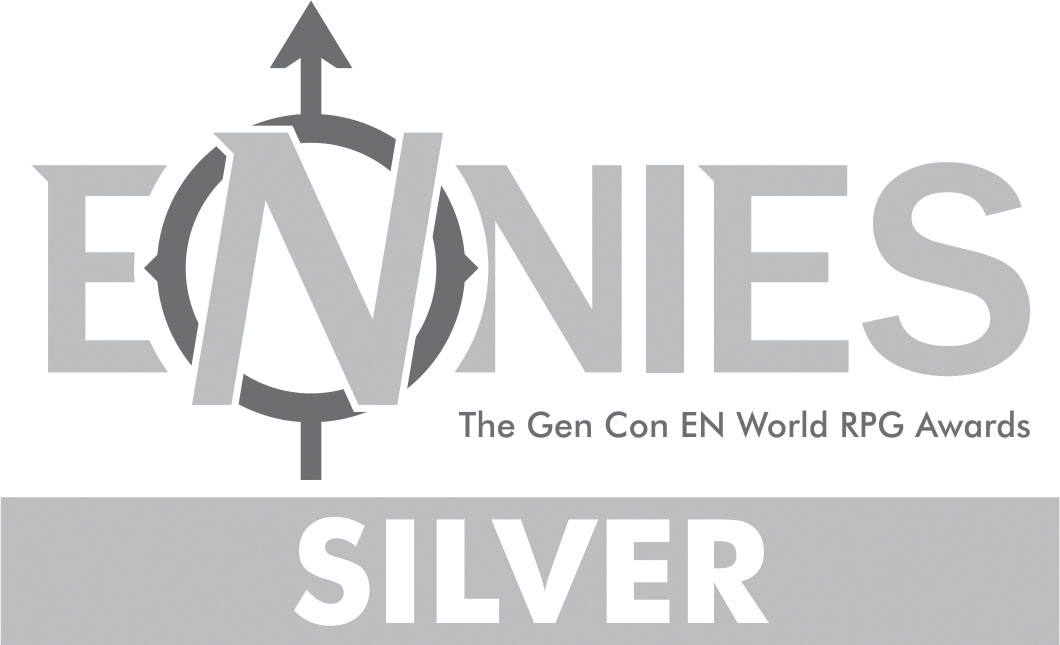 This will start off with a bit of a quick review of the advantage/disadvantage system, so feel free to skip down a bit if you’re already thoroughly familiar with that.
This will start off with a bit of a quick review of the advantage/disadvantage system, so feel free to skip down a bit if you’re already thoroughly familiar with that.
In 5th Edition, various circumstances and abilities grant either advantage or disadvantage to a character attempting an action: If you have advantage, you roll 2d20 and keep the higher result. If you have disadvantage, you roll 2d20 and keep the lower result. If you have both advantage and disadvantage, they cancel out (and you just roll 1d20). And they do not stack (so no matter how many things are giving you advantage, for example, you still only roll 2d20 and keep the highest, not 3d20 or 5d20 or 10d20), which also means that even one factor granting advantage will cancel out any amount of disadvantage (and vice versa).
There are several benefits of the advantage/disadvantage system compared to giving circumstantial modifiers to the die rolls:
- The modifiers you’re rolling against are not in constant flux, reducing the amount of in-game calculation required.
- It is viscerally pleasing and immediately rewarding to roll 2d20 and take the higher/lower result. It’s fun to do and you can literally see how your advantage benefited you or your disadvantage cost you by looking at the result on your gained/discarded die.
- It helps maintain the “bounded accuracy” of the system; advantage helps you, but you can still only get die results of 1 to 20.
- “Advantage” and “disadvantage” are incredibly useful terms of art, which designers, scenario writers, and DMs can quickly and efficiently use for any number of purposes. For DMs, in particular, they provide a very simple way to make a fast ruling.
The reasons for not allowing advantage or disadvantage to stack are:
- To maintain the simplicity of that fast, efficient DM’s ruling. Once you’ve determined that something in the situation grants advantage, for example, you don’t have to keep thinking about all the other things that might grant advantage: You have advantage. Move forward. Roll the dice.
- You don’t need complicated stacking rules, nor do you need to allow abilities to stack in potentially absurd ways. This removes one vector by which an RPG system filled with myriad options can suddenly break from the unexpected combination of those options.
- There are some mathematical effects of allowing advantage to stack multiple d20’s into a single roll, the most notable of which, in my opinion, is that your percentage chance of scoring a critical hit radically expands. (This last point is debatable, however, as many would argue that this is perfectly reasonable if you’re enjoying a massively advantageous situation. It also only applies to actually stacking additional dice, but not to the scenario in which you stack all advantage and all disadvantage and then compare the totals to see whether advantage, disadvantage, or neither applies.)
This system has one additional advantage (pun intended) that I want to call specific attention to: The simple, clear-cut mechanical concept of “advantage” also encourages players to engage creatively with the game world in order to create fictional positioning that grants them advantage.
Another example of this that I’ve seen in actual play is Numenera‘s concept of an “asset” — on any given task, PCs can have up to two assets, each of which shifts the difficulty of the task by one step. The first asset “slot,” so to speak, is often occupied by having the right tool for the job. The second asset slot is usually dependent on having some sort of advantageous situation in the game world, and this naturally results in players seeking to create those in-world circumstances that will give them an asset on a task.
In both cases, the clear-cut term of art coupled to the specific fictional situation in the game world reinforces the fiction-mechanics cycle. The mechanic thus, almost paradoxically, encourages players to engage in the game in non-mechanical ways: It’s not enough to just “play your character sheet” by saying “I hit the orc with my +6 attack bonus,” because the mechanics are no longer confined to the bonuses on your character sheet.
Arguably, of course, you can get the same benefit from any system that allows GMs to assign situational bonuses and penalties. But in actual practice, the clear-cut mechanical concept with a term of art attached to it provides a common framework. People just talk about and think about “advantage” and “assets” in ways that they don’t talk about and think about a miscellanea of +1, +2, or +5 bonuses.
THE PROBLEM
Speaking of actual practice, however, this final — and arguably most important — aspect of advantage tends to frequently disappear at the table.
The problem, ironically, is the very versatility of the system. Because advantage is such an easy mechanical hook to use, the designers of the game have used it to model all sorts of things. It’s hard-coded into everything from class abilities to spells to magic items. For example:
Dwarven Resilience. You have advantage on saving throws against poison, and you have resistance against poison damage (explained in Chapter 9).
Or:
Beacon of Hope. This spell bestows hope and vitality. Choose any number of creatures within range. For the duration, each target has advantage on Wisdom saving throws and death saving throws, and regains the maximum number of hit points possible from any healing.
Or:
Boots of Elvenkind. While you wear these boots, your steps make no sound, regardless of the surface you are moving across. You also have advantage on Dexterity (Stealth) checks that rely on moving silently.
Because advantage doesn’t stack, however, tension is created between the designer’s utility and the DM’s utility: If a character has hard-coded advantage from equipment or racial abilities or whatever, the DM immediately loses the ability to meaningfully model the game world through advantage and the player is simultaneously discouraged from engaging with the game world in order to create favorable circumstances.
This is not a desirable outcome: Basically every time the game hard-codes advantage in this way, it makes the game less interesting in actual play.
Numenera recognizes the same basic problem, which is why it provides two asset “slots.” The solution is not quite so straightforward for 5th Edition because there are so many pieces of equipment, for example, that provide identical forms of advantage, that simply providing two slots will simply create min-max builds that stack multiple advantage and still shut down situational creativity (because both slots will already be filled).
But we can find a solution, I think, through parallel thinking. And by simply cutting straight to the heart of the matter.
SITUATIONAL ADVANTAGE
Situational advantage is any advantage which is derived from a character’s immediate circumstances; particularly and specifically those cases of advantage resulting from characters taking actions or positioning themselves in order to create specific situations which grant them advantage.
Situational advantage, and only situational advantage, stacks with other advantage:
- If you have hard-coded advantage (e.g., the advantage against poison damage from dwarven resilience) and situational advantage (e.g., the character manages to dilute the poison before being forced to swallow it), then you roll 3d20 and take the best result.
- One source of disadvantage can cancel EITHER all hard-coded advantage or all situational advantage, but not both. (So if you have all three, you’d still have advantage and roll 2d20 while keeping the best result.)
- If you have two or more sources of disadvantage, then they will cancel both hard-coded and situational advantage. (You would simply roll 1d20 and resolve the action check normally.)
Note that not all forms of advantage appearing in the rulebook are necessarily hard-coded. Some describe situational advantage. (The optional rules for flanking, for example.)
What about advantage from spells? Is the advantage provided by a spell situational? There is a potentially simulationist argument that they are (or perhaps that some subset of them are, although that way probably lies madness). But the primary meta-game point of all this is to encourage players to think creatively as they engage with the game world instead of just throwing a prepackaged block of mechanics at a problem.
And a spell, after all, boils down to a prepackaged block of mechanics.
So if I had to make an ironclad rule, I would say that advantage from spells is always considered hard-coded advantage.
Fortunately, the entire point of situational advantage is to prevent hard-coded rules from disempowering the GM. So I will by happy to override this ironclad rule whenever players think creatively in order to create situational advantages from their spells. For example, by using a create food and water spell to water down the poison before it’s fed to the dwarf.

 example, I looked at the transhuman technology available and then very specifically think about how that technology would be realized in fashion. So when I’m describing characters they have prehensile hair, color-changing colors, nictating membranes on their eyes, holographic “make-up” projectors that turn their face into a living art project, and so forth. When it came time to write the
example, I looked at the transhuman technology available and then very specifically think about how that technology would be realized in fashion. So when I’m describing characters they have prehensile hair, color-changing colors, nictating membranes on their eyes, holographic “make-up” projectors that turn their face into a living art project, and so forth. When it came time to write the 















